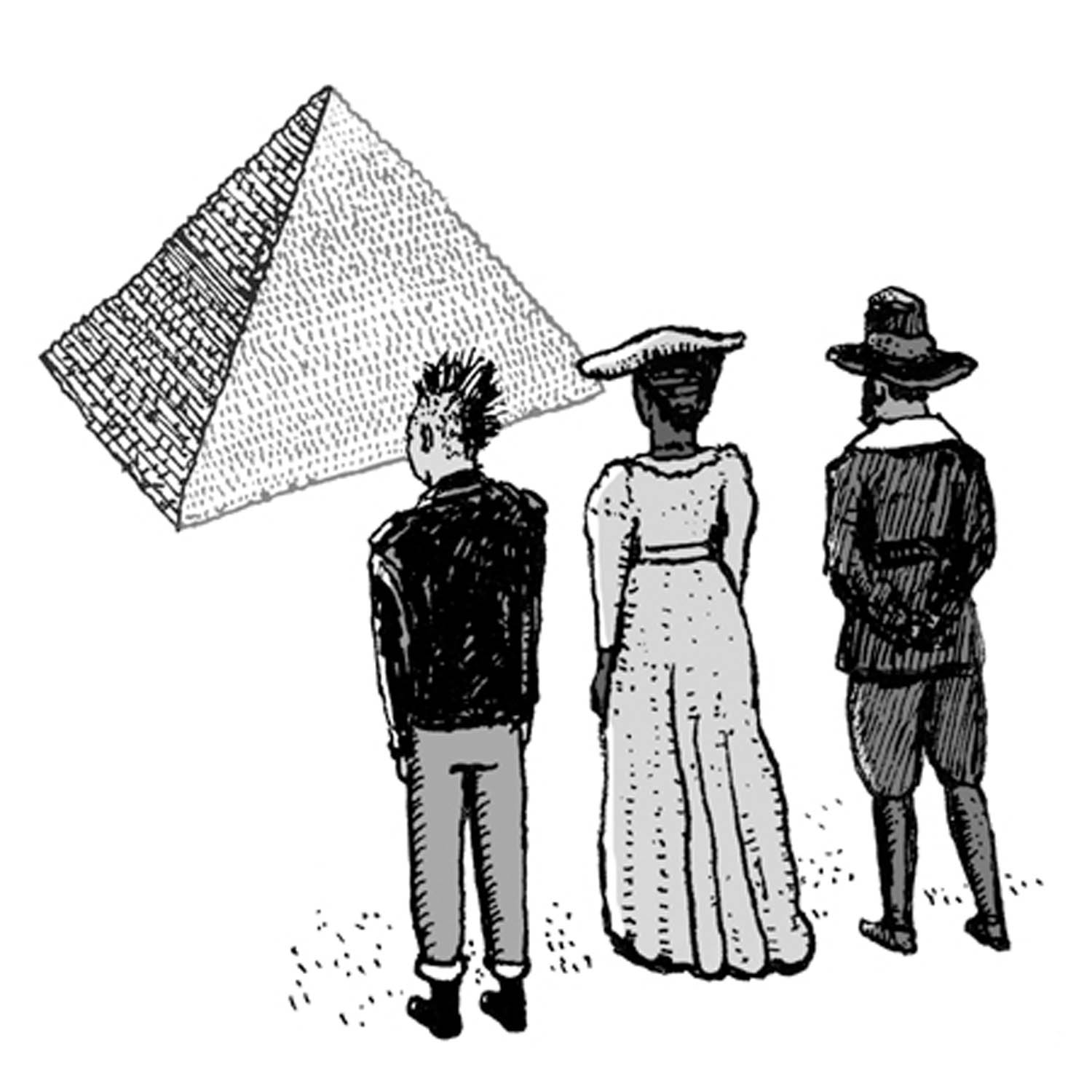
You and I are members of a culture. Likely we are members of different cultures. Mine—one of mine, anyway—is South by Southwestern folded up into a Jesuitical Irishness tempered with first-generation punk rock. Yours may be Puritan, or Huguenot, or heavy metal. Whatever it is, it holds deep meaning—for culture, in the classic anthropological definition, is the sum of a set of beliefs and practices that go into making you and me part of the world, and sometimes very different worlds.
The idea of culture as shibboleth derives from scholars working in the shadow of the pioneering ethnologist E. B. Tylor, who called culture “that complex whole which includes knowledge, belief, art, morals, law, custom and any other capabilities and habits acquired by man as a member of society.” But there’s more to it; in 1952, anthropologists A. L. Kroeber and Clyde Kluckhohn compiled 164 different definitions of “culture,” adding to them their own: “The essential core of culture consists of traditional (i.e. historically derived and selected) ideas and especially their attached values.” Subsequent definitions have included the idea that we are “programmed” into our various cultures and, crucially, that while a culture is shared among like-minded people, it also has different meanings for each individual: My culture includes different components from my neighbor’s, be it a point of theology or a liking for tortillas over English muffins.
In Tylor’s day, “culture” differed from “civilization” in the supposed primitive nature of the one and the supposed advanced nature of the other. Thus “ancestral Puebloan culture,” but “Minoan civilization”—and never mind that Chaco Canyon would give the palace complex at Knossos a run for its money any day of the week. Civilization, by this view, is less a body of beliefs than a political abstraction. A civilization—say, the Carolingian one of medieval Europe—can embrace many cultures; its heart is a city-state or a world city, be it Tikal, Angkor Wat, or Rome, its rules written and explicit rather than informally handed down from generation to generation, as those of a culture generally are. Culture leaves traces of itself in a folk song or recipe, civilization in pyramids and aircraft carriers.
That said, people are usually sure that they’re living within a particular culture, but typically wonder if what they have is a civilization. It’s been that way since the days of Madame de Staël and Henry James, but the terms are still easily confused. The German historian Oswald Spengler considered civilization the teleological “inevitable destiny of culture.” And Samuel Huntington’s famous book The Clash of Civilizations, largely about the differences between the Euro-American and Arab worlds, protests that efforts to distinguish culture from civilization “have not caught on,” and the “civilization” of which he writes is really “culture,” a set of beliefs rather than a system of rule.
These are messy distinctions, not fine ones. one thing is for sure: Defenders of “Western civilization” have stolen some oxygen recently in places like Charlottesville and Warsaw. They are really defending not civilization as such but a narrow interpretation of a specific culture, and their insistence on its primacy has yielded plenty of uncivilized behavior.